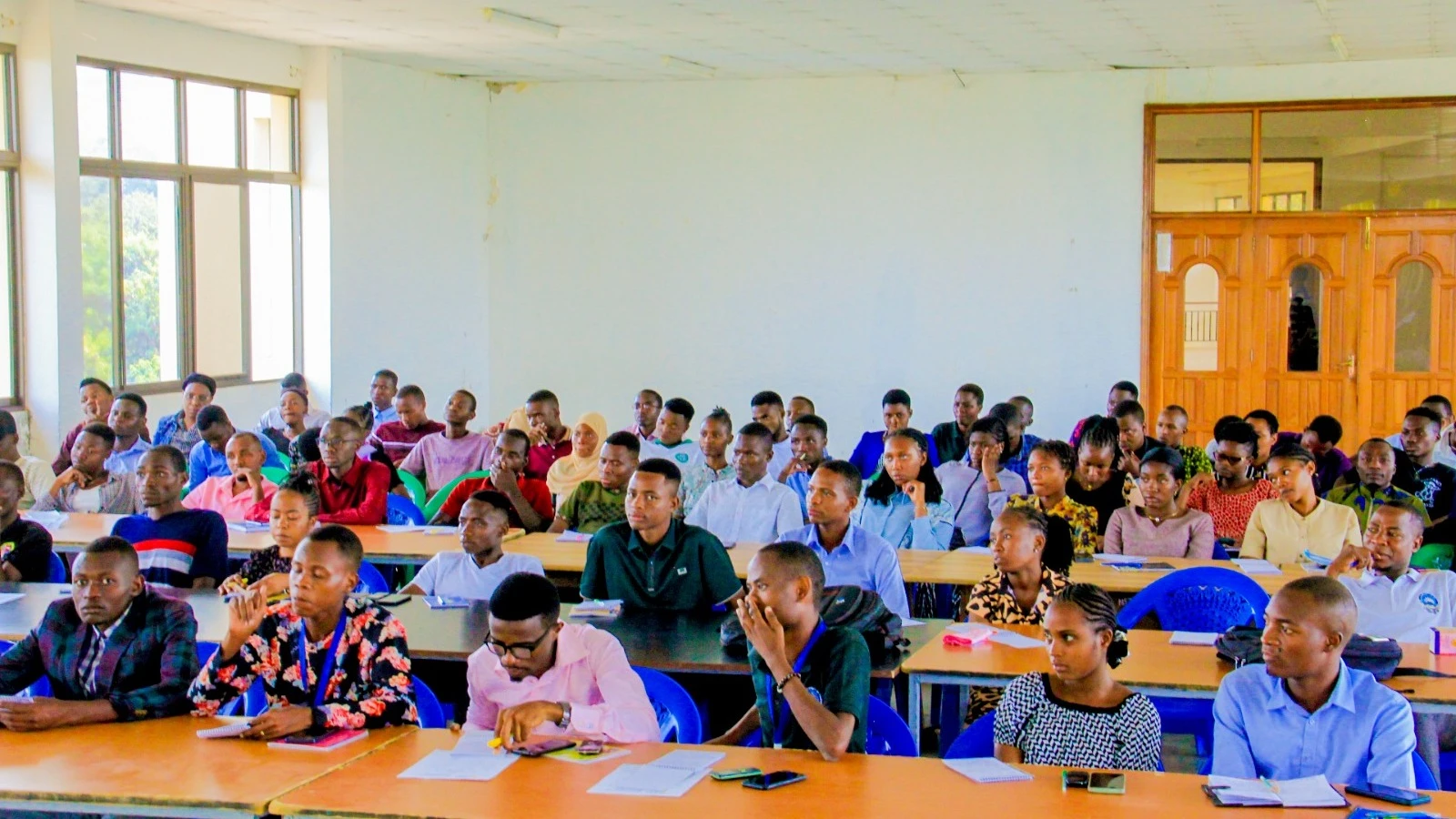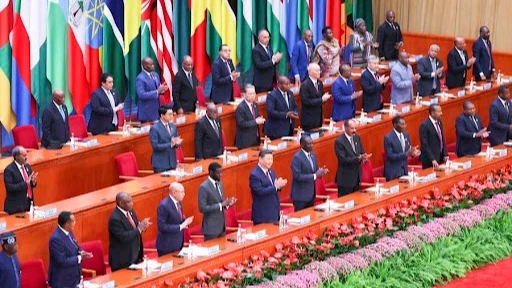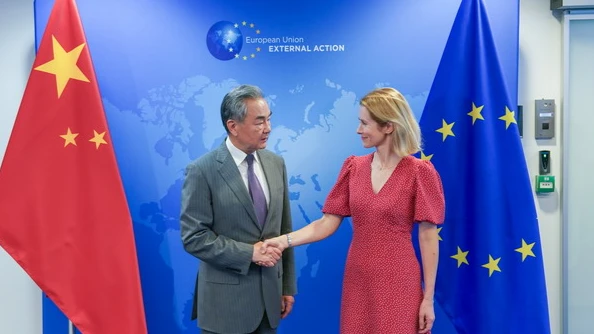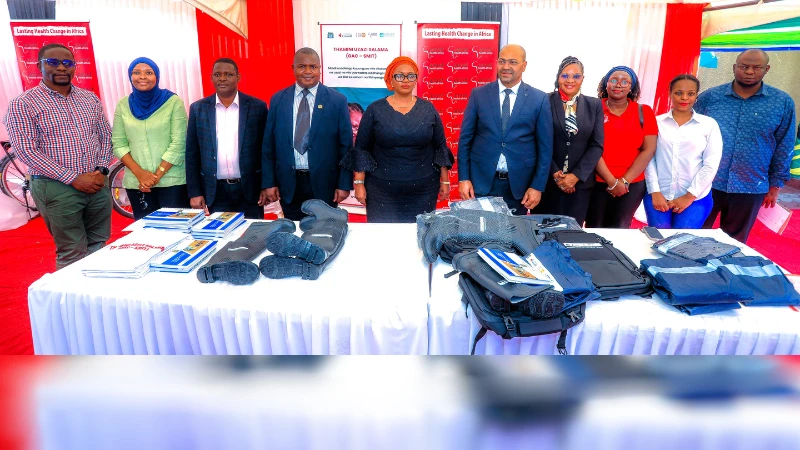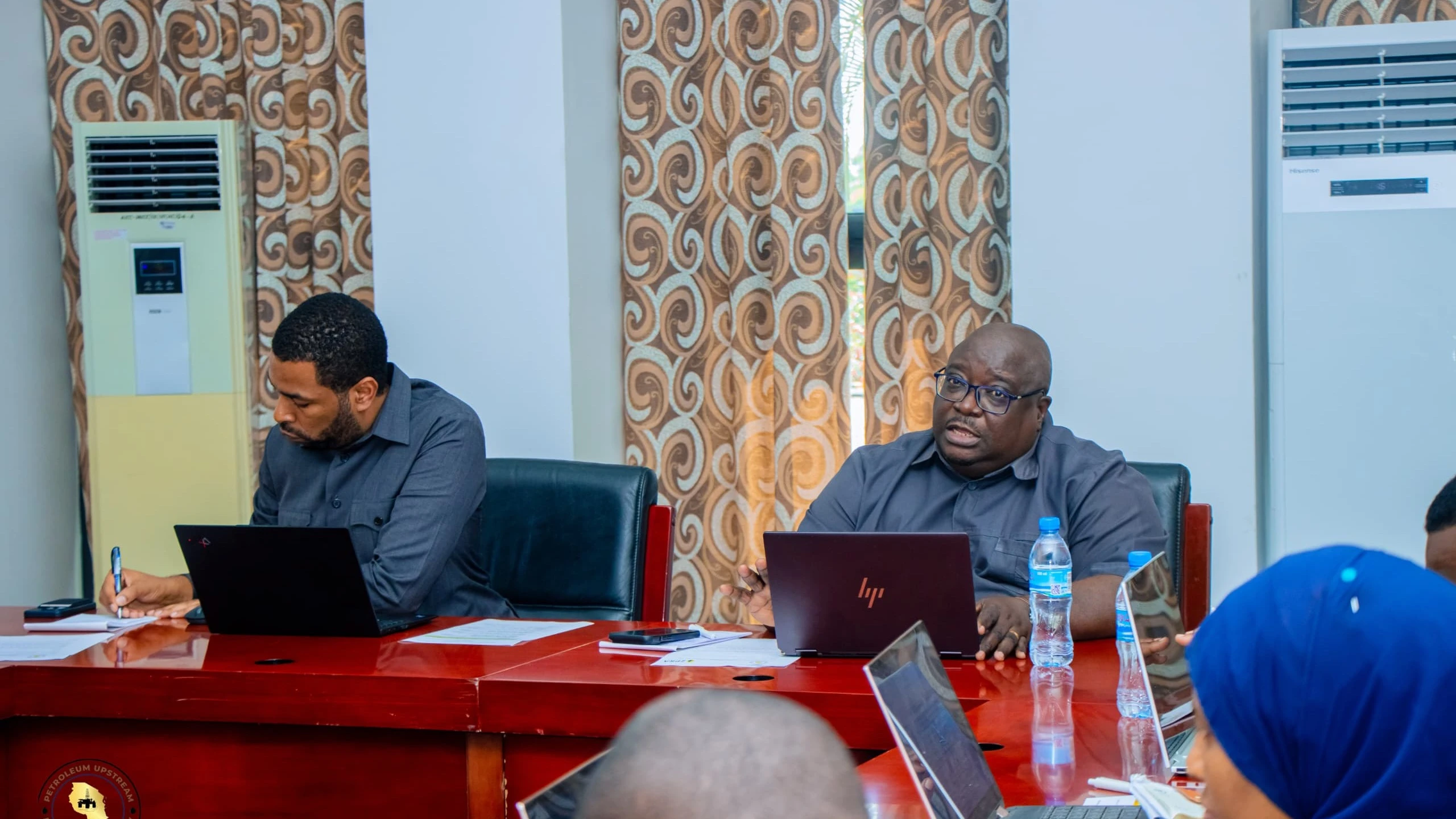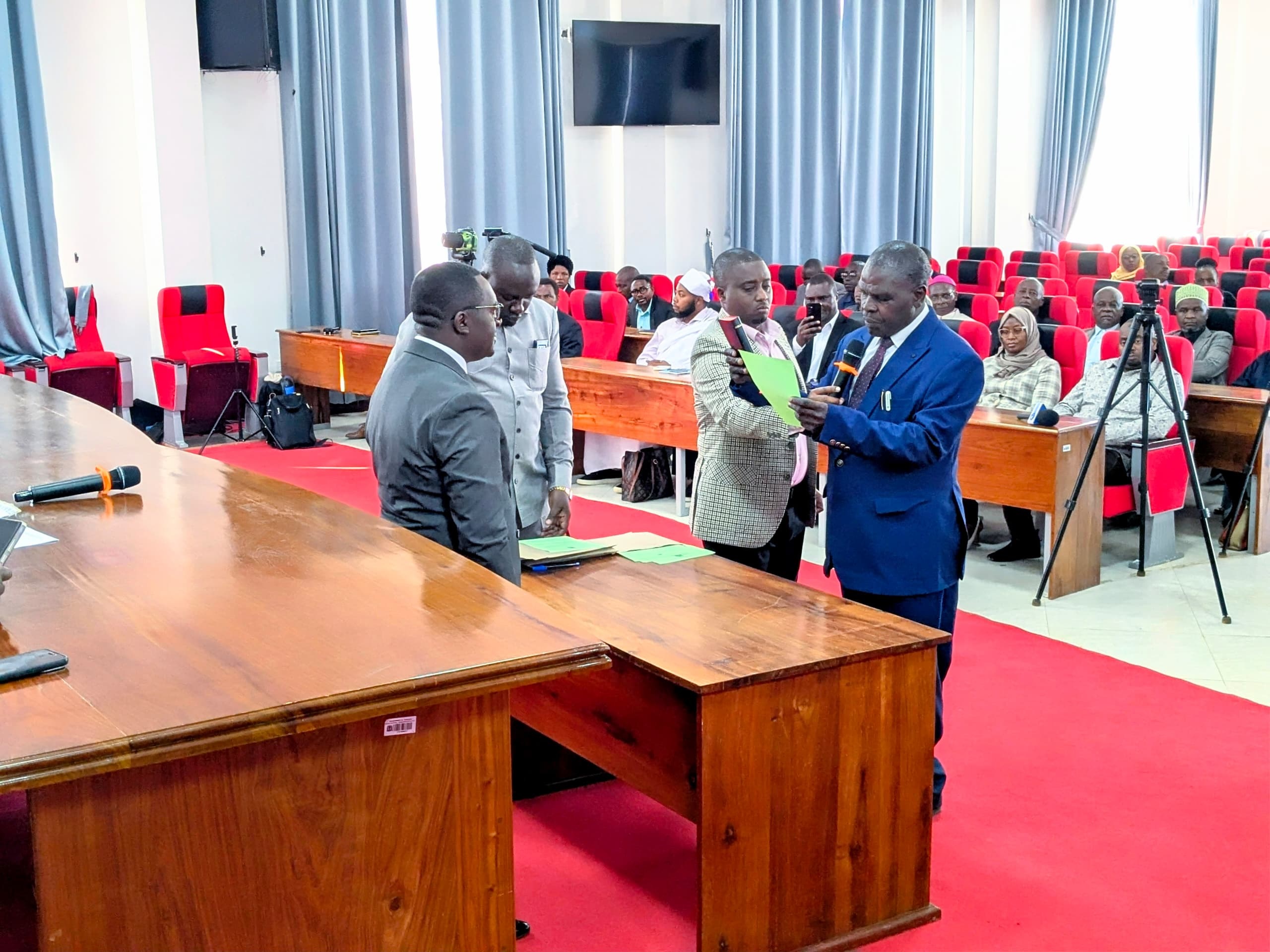Youths invited to carry possible innovative ideas for environmental safeguarding
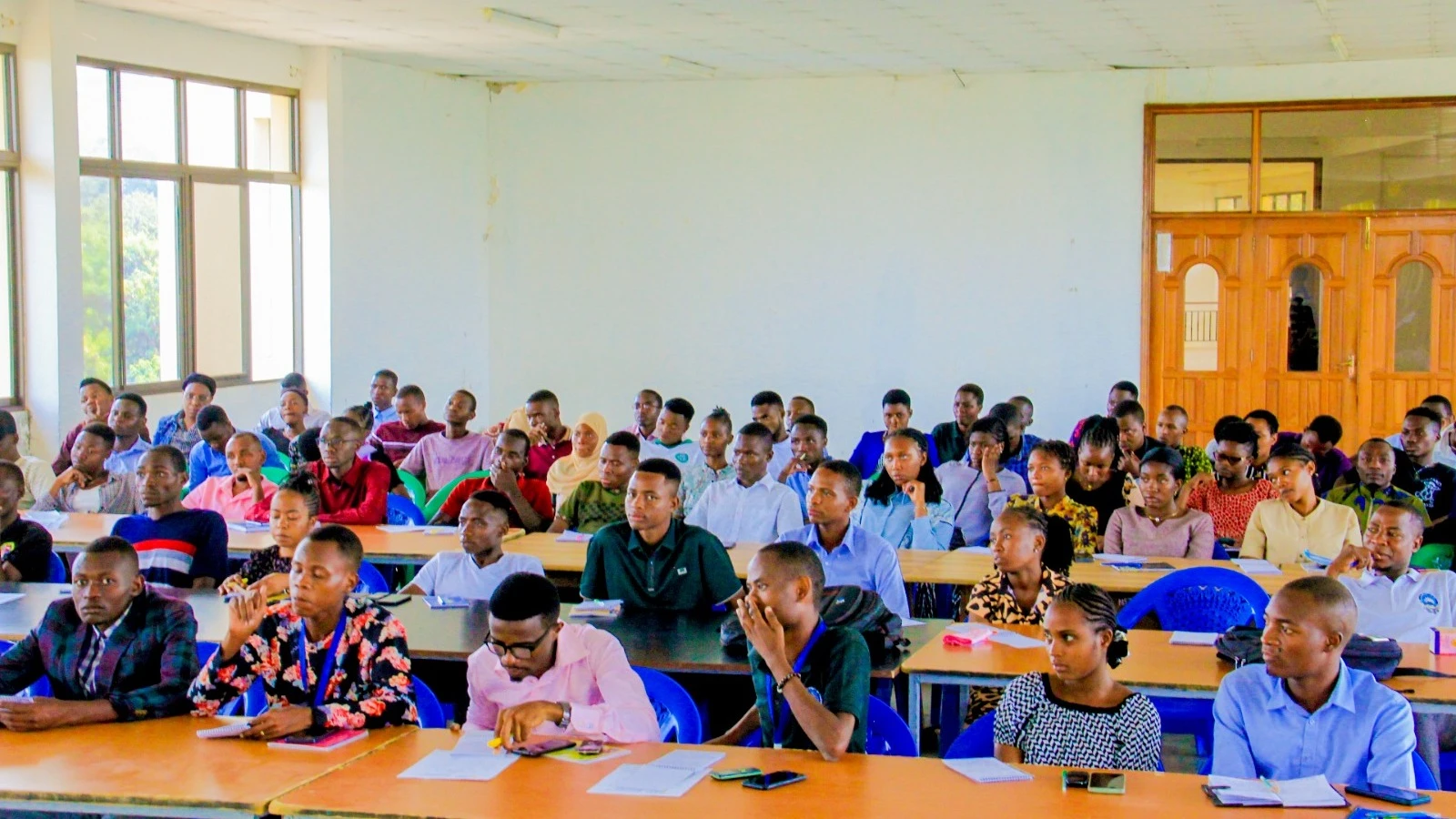
YOUTH scholars and students have been invited to seize the opportunity to bring possible innovative ideas for the environmental preservation especially in Mwanza City.
The call brought through a pilot project coordinated by the Non-Governmental Organization ACORD Tanzania focusing on St. Augustine University of Tanzania (SAUT) students involving in environmental preservation activities held in Mwanza today July 3, 2025.
Ahmed Mohammed, ACORD Tanzania's Project Manager said the pilot project hopes to sort to come up with the unique one to overcome environmental issues in Mwanza.
He said that the chosen idea will be implemented through the organization, starting at SAUT and later the entire city.
"We will make the same young people who come forward as ambassadors for the Environment since this project directly involves young people to ensure that they bring results in restoring greenery, protecting the environment and coping with climate change," said Mohammed.
Ahmed Mohammed, Mwanza City Environmental Officer, David Joseph said that there is still a big gap in environmental protection in the city, especially in the management of solid waste.
He said that according to the City's statistics collected in 2021/22, out of the 357,000 tonnes generated per day, 341,000 tonnes are collected and stored properly.
"Here, more than 16,000 tonnes are not collected per day within our City but there is also another opportunity in the area of waste selection and separation, so it is necessary to employ people who are given training despite being still few but with waste alone they generate more than Sh. 400 million per year," said David.
Top Headlines
© 2025 IPPMEDIA.COM. ALL RIGHTS RESERVED








